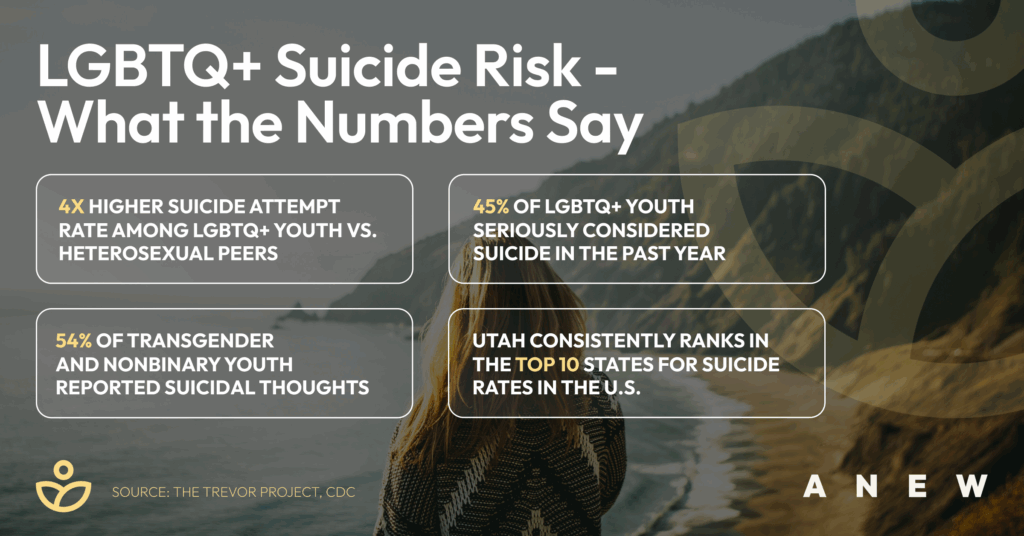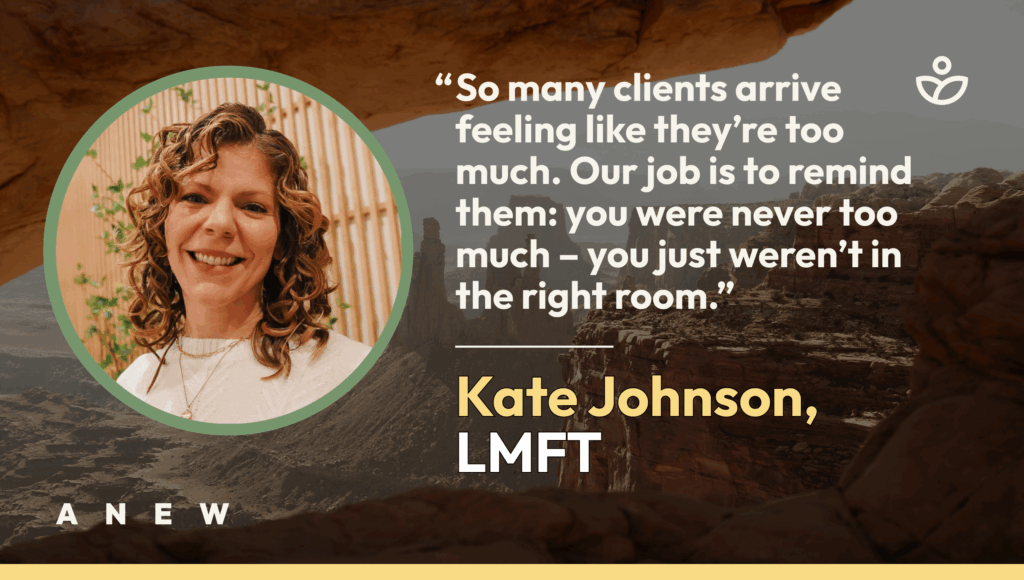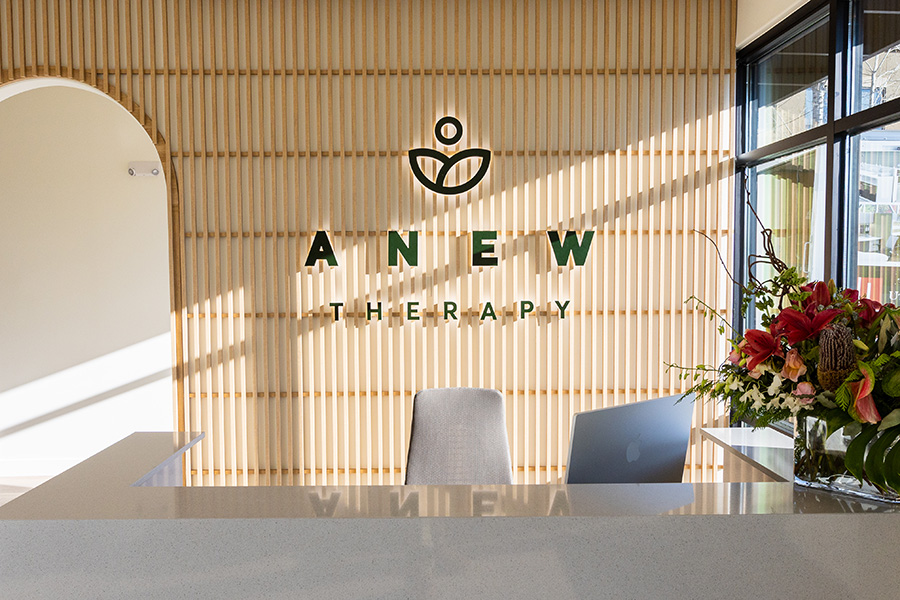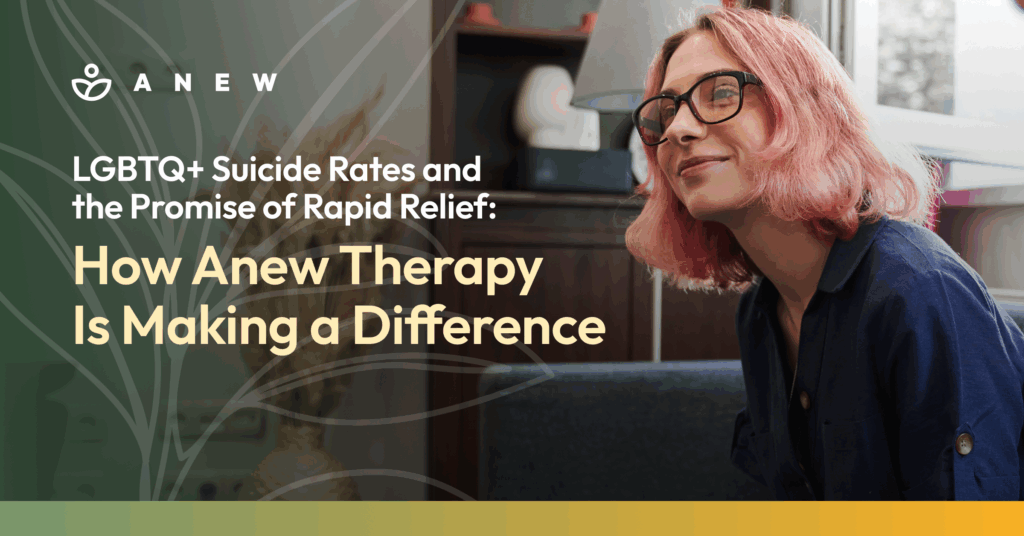LGBTQ+ individuals across the United States face a mental health crisis that too often goes unnoticed or untreated. With the arrival of November, we mark Transgender Awareness Month, a time to celebrate transgender and gender nonconforming communities and to raise awareness through education and advocacy. Against this backdrop, it is vital to face the data on LGBTQ suicide rates and the trans suicide rate, which remain unacceptably high. In Utah, the stakes are especially high. The state consistently reports some of the highest suicide rates in the country, and LGBTQ+ youth and adults bear a disproportionate share of that burden.
At Anew Therapy, we choose action over resignation. We aim to change the statistics and the lived experience of LGBTQ+ members of our community. Beyond hope, we provide rapid relief treatments for depression and a steady path forward for anyone who has felt unseen, stuck, or without a way through.
The Harsh Reality of LGBTQ+ Suicide Rates
According to The Trevor Project, LGBTQ+ youth are more than four times as likely to attempt suicide compared to their heterosexual peers. For trans and non-binary individuals, the risk is even higher. In conservative regions like Utah, where stigma can be reinforced by both social and religious structures, these numbers tell a heartbreaking truth: far too many LGBTQ+ individuals are suffering in silence.
Mental health disparities among LGBTQ+ populations stem from a range of systemic and social factors: chronic invalidation, rejection from family or faith communities, bullying, discrimination, and lack of affirming care. These aren’t just abstract stressors; they create deep emotional wounds that can lead to depression, anxiety, and suicidal ideation.

What Chronic Invalidation Does to the Mind
Kate Johnson, LMFT a licensed therapist at Anew Therapy and Certified Psychedelic-Assisted Therapy provider, sees this struggle firsthand.
“So many LGBTQ+ clients carry the weight of being misunderstood or rejected by the people and systems that should have been safe. That kind of chronic invalidation takes a real toll. It can create deep shame, loneliness, and a sense of not belonging anywhere. Those wounds are often at the core of suicidal thoughts and despair.”
Kate emphasizes that suicide prevention isn’t just about crisis hotlines and safety plans. It starts much earlier, with affirming relationships and access to care that doesn’t pathologize identity but nurtures it.
“What gives me hope is seeing how quickly treatments like ketamine can create a small opening – a ‘pause in the pain’ – where someone can start to feel possibility again. When that relief is paired with affirming, trauma-informed therapy, clients often begin to reconnect with parts of themselves they’ve had to hide just to survive.”
Ketamine Therapy for Suicidal Ideation: A New Era of Possibility
One of the most promising breakthroughs in suicide prevention is ketamine therapy. Unlike traditional antidepressants, which may take weeks to take effect (if at all), ketamine works within hours to days. Research shows that ketamine significantly reduces suicidal ideation even in patients with treatment-resistant depression.
At Anew Therapy, our intramuscular (IM) ketamine injections and Spravato (esketamine nasal spray) protocols are designed with safety, comfort, and LGBTQ+ inclusion at the core. These treatments stimulate glutamate receptors in the brain, promoting rapid neuroplasticity and offering clients a break from the relentless grip of suicidal thoughts.
Dr. Gilmore, our Chief Medical Director, calls ketamine a “window of teachability”: a state that lets therapy go deeper and helps clients reframe long-held beliefs about themselves.
A Sanctuary for LGBTQ+ Mental Health in Utah
We know that accessing affirming mental health care in Utah isn’t always easy. Many clients come to us after negative experiences with providers who didn’t understand their identity, dismissed their concerns, or lacked the training to treat trauma without retraumatizing.
That’s why Anew Therapy built a multidisciplinary team that not only includes medical experts, but also LGBTQ+-affirming therapists trained in trauma, shame, and identity-related healing. Our approach is never one-size-fits-all. Every treatment plan is tailored, from short-term ketamine crisis stabilization to long-term care that includes talk therapy, medication management, and integrative support.

Why Speed Matters in Suicide Prevention
For someone in the depths of suicidal despair, even a day can feel unbearable. Traditional mental health care models often involve waiting weeks for an appointment, then more time for medication to take effect. That timeline is unacceptable when lives are at stake.
Ketamine therapy changes the game by offering near-immediate relief. Many patients report a marked reduction in suicidal thoughts within the first or second treatment. For LGBTQ+ patients in immediate danger, rapid relief can interrupt a lethal spiral.
From Pain to Possibility: Anew Therapy’s Commitment
Our mission is simple: to help you feel better, faster. For LGBTQ+ clients, that means creating a safe space where your full self is not just accepted but celebrated. It means integrating science-backed treatments like ketamine with compassionate, human-first care. And it means refusing to accept high Utah LGBTQ suicide rates as an inevitability.
If you or someone you love is struggling, you don’t have to wait weeks for relief. Reach out to our team at Anew Therapy by calling (801) 980-2690 , or schedule a free consultation online. We’ll meet you where you are and walk alongside you toward a fuller, more hopeful life.

Resources
- Trevor Project 24/7 Lifeline: 1-866-488-7386 | thetrevorproject.org
- 988 Suicide & Crisis Lifeline: Dial 988 or chat at 988lifeline.org
- LGBTQ+ Mental Health in Utah: Utah Pride Center | utahpridecenter.org
- Learn more about ketamine therapy at Anew: anewtherapyutah.com

